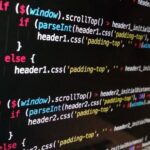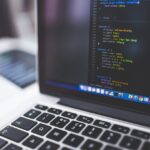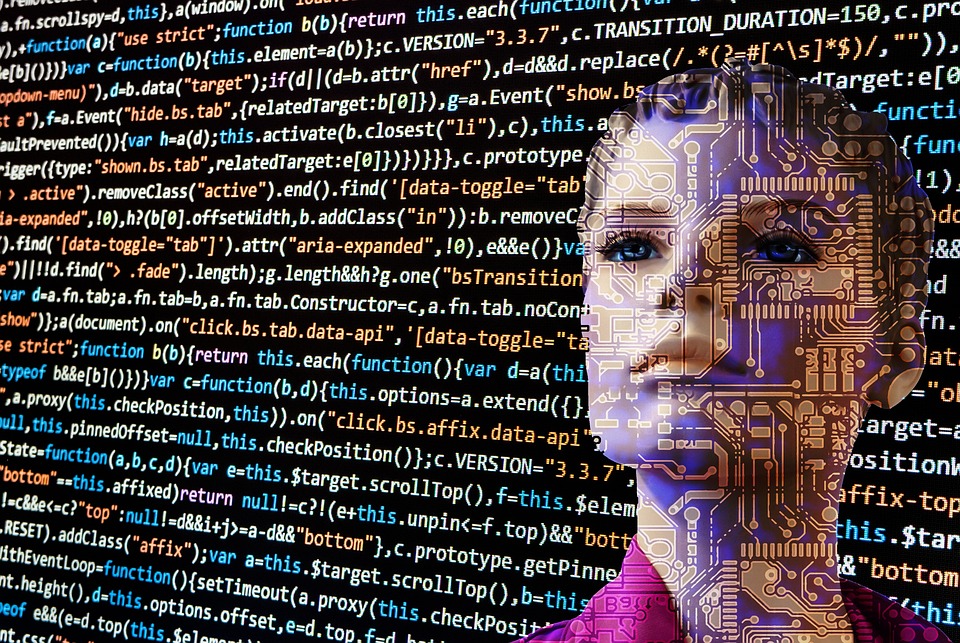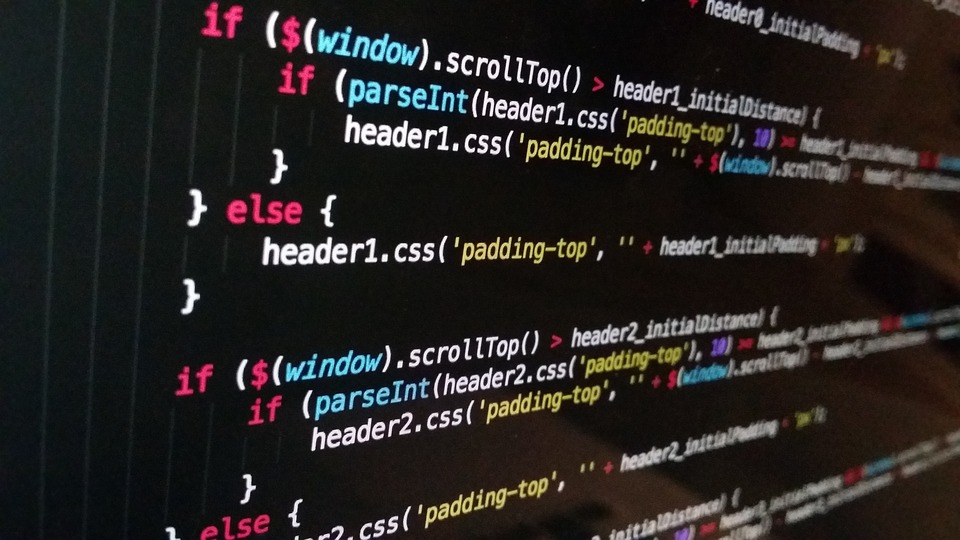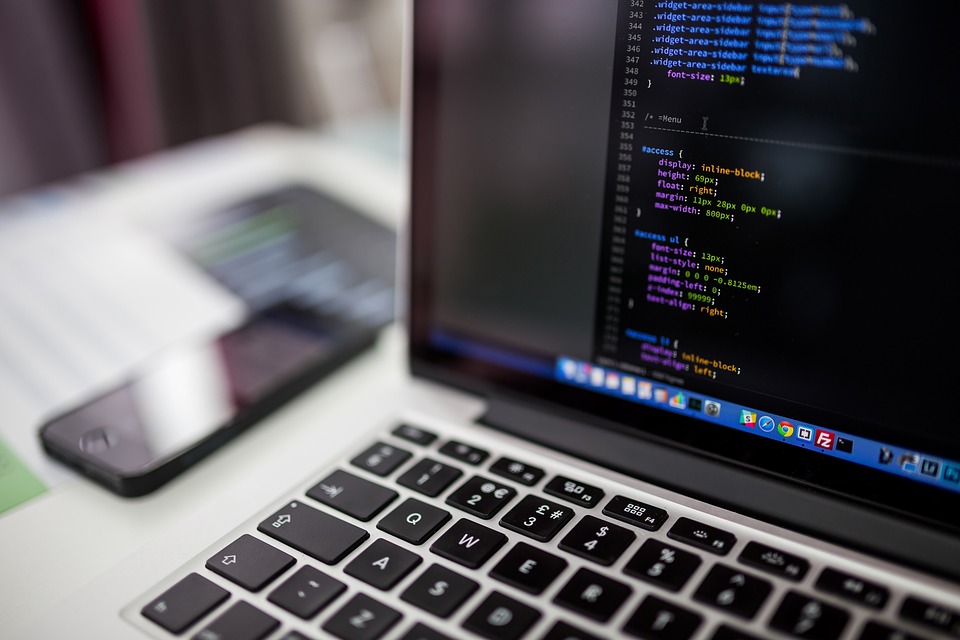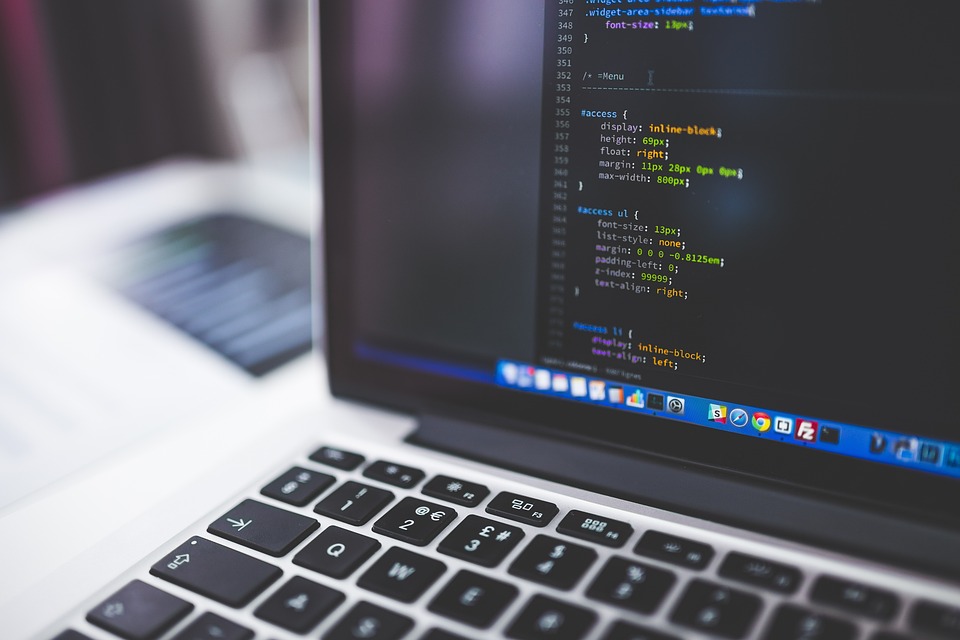Programming for Beginners: A Step-by-Step Guide to Getting Started
Learning to program can be a daunting task, especially for beginners. However, with the right approach and mindset, anyone can become a proficient programmer. Whether you are interested in web development, mobile app development, or simply want to understand how software works, programming is an invaluable skill to have in today’s digital age. In this article, we will provide a step-by-step guide for beginners to get started with programming.
1. Choose a Programming Language:
There are countless programming languages to choose from, each with its own unique features and uses. For beginners, it is recommended to start with a language that is relatively easy to learn and widely used. Some popular choices for beginners include Python, JavaScript, and Ruby. These languages are known for their readability and ease of use, making them ideal for beginners.
2. Set Up Your Development Environment:
Once you have chosen a programming language, the next step is to set up your development environment. This involves installing a code editor, such as Visual Studio Code, Sublime Text, or Atom, and a compiler or interpreter for your chosen language. Many languages also have their own integrated development environments (IDEs) that provide additional tools and features for writing and debugging code.
3. Learn the Basics:
Before delving into complex programming concepts, it is important to first understand the basic building blocks of programming. This includes learning about variables, data types, operators, and control structures (such as loops and conditionals). There are many online resources, tutorials, and books available that can help beginners learn these fundamental concepts.
4. Practice, Practice, Practice:
Programming is a skill that requires practice to master. As a beginner, it is important to write code regularly to reinforce your learning and improve your skills. Start by writing simple programs to solve basic problems, and gradually work your way up to more complex projects. Online coding platforms, such as Codecademy, FreeCodeCamp, and LeetCode, offer a variety of coding exercises and challenges to help beginners practice their programming skills.
5. Join a Community:
One of the best ways to learn programming is to be part of a community of like-minded individuals. Joining online forums, attending meetups, and participating in coding events can provide valuable support and resources for beginners. It also allows you to connect with experienced programmers who can offer guidance and mentorship as you progress in your programming journey.
6. Build Projects:
As you gain more experience and confidence in your programming skills, start working on your own projects. This could be a simple website, a mobile app, or a game. Building projects not only allows you to apply what you have learned, but also provides a tangible portfolio of work to showcase your skills to potential employers or clients.
7. Never Stop Learning:
The world of programming is constantly evolving, with new languages, frameworks, and tools being introduced regularly. As a programmer, it is important to stay updated and continuously learn new technologies and best practices. Keep exploring new areas of programming and never stop expanding your knowledge and skills.
In conclusion, learning to program does require time and dedication, but with a step-by-step approach and the right resources, even beginners can become proficient programmers. By choosing a programming language, setting up a development environment, learning the basics, practicing regularly, joining a community, building projects, and continuously learning, beginners can kick-start their programming journey and unlock a world of possibilities in the tech industry.

